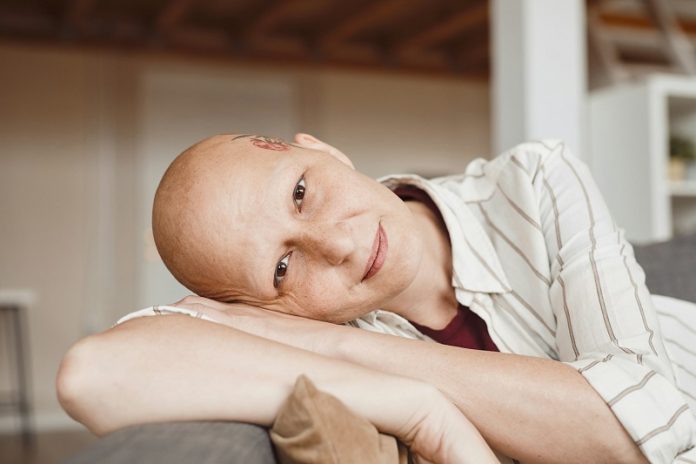
A cancer diagnosis is a life-changing event—not just for the person diagnosed, but also for their loved ones.
It often brings emotional challenges, including anxiety and depression, as people adjust to a new life filled with medical appointments, uncertainty, and fear of what’s ahead.
A recent survey by The Ohio State University Comprehensive Cancer Center—Arthur G. James Cancer Hospital and Richard J. Solove Research Institute (OSUCCC—James) highlights just how deeply cancer impacts everyone involved.
The survey shows that most adults worry about life expectancy, treatment options, and pain when someone close to them is diagnosed. Other concerns include side effects, family stress, grief, medication, and caregiver burnout.
Dr. Kevin Johns, director of the Psychosocial Oncology Program at OSUCCC—James, says that cancer patients are five times more likely to suffer from depression than the general population. In fact, nearly half of breast cancer survivors report anxiety.
This emotional toll can make it harder for patients to complete treatment and recover fully, which affects their long-term health and survival.
Unfortunately, mental health services are not always easy to access.
Some patients may wait up to a year to see a psychiatrist, depending on where they live or what insurance they have. Johns emphasizes that this delay can be harmful because cancer-related mental health needs are both urgent and ongoing.
To address this, the OSUCCC—James has expanded its team of psychiatrists, psychologists, social workers, and other support professionals.
The survey also revealed that younger adults tend to worry more about grief and body image, while older adults focus more on treatment and caregiver stress. These differences show how emotional reactions to cancer vary across age groups.
Johns explains that cancer can affect the brain and emotions in unexpected ways, including memory problems, extreme tiredness, and even PTSD-like symptoms. If patients and caregivers aren’t warned about these effects, it can lead to confusion, shame, and added anxiety.
To better support patients, Johns and his team started a new program where mental health professionals work closely with cancer doctors.
This way, patients can receive emotional support without needing to schedule even more appointments. The program began with breast cancer patients and is now expanding to other cancer groups due to its success.
Overall, the message is clear: cancer affects mental health in powerful ways.
With better awareness and support, patients and their families can be guided through the ups and downs of the cancer journey, helping them heal both physically and emotionally.
Copyright © 2025 Knowridge Science Report. All rights reserved.



